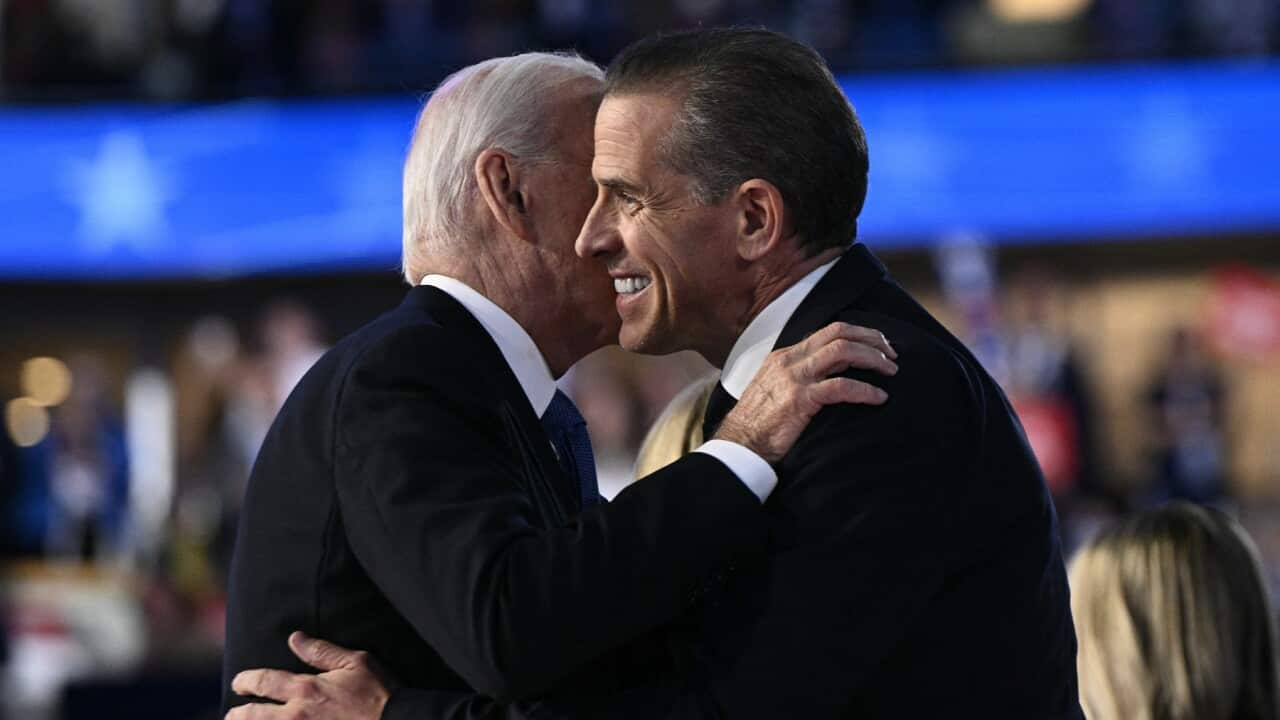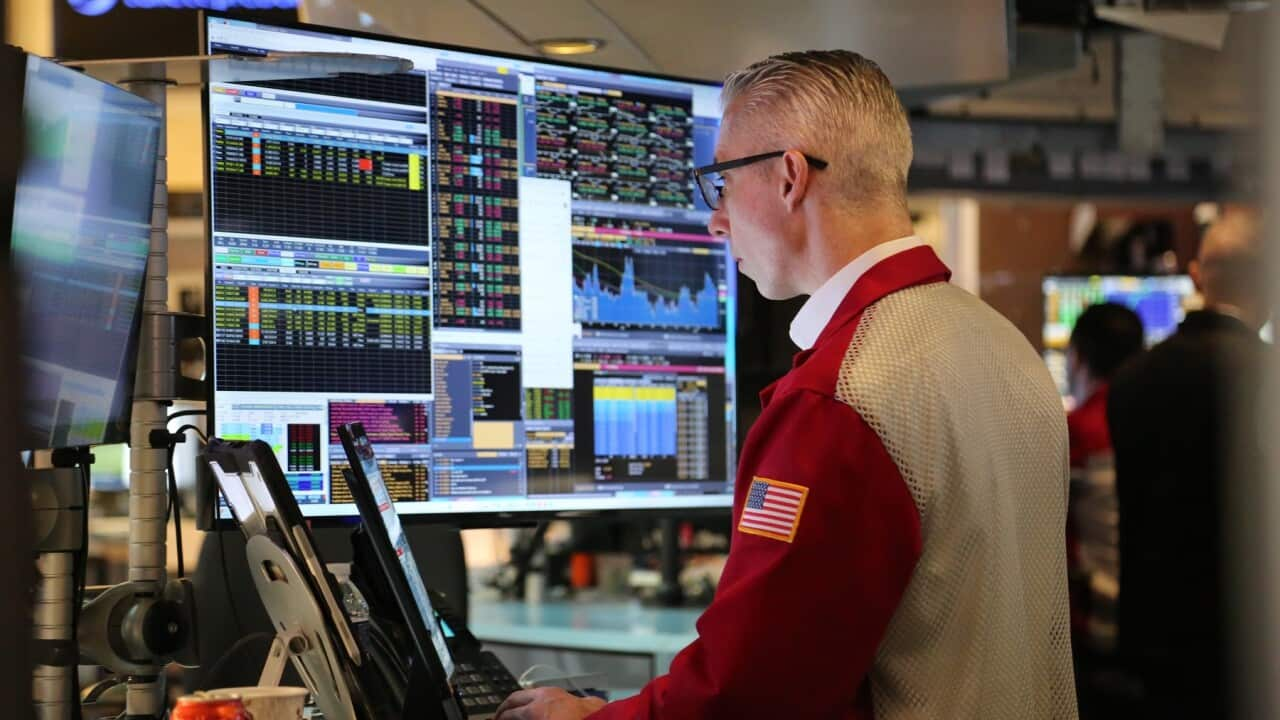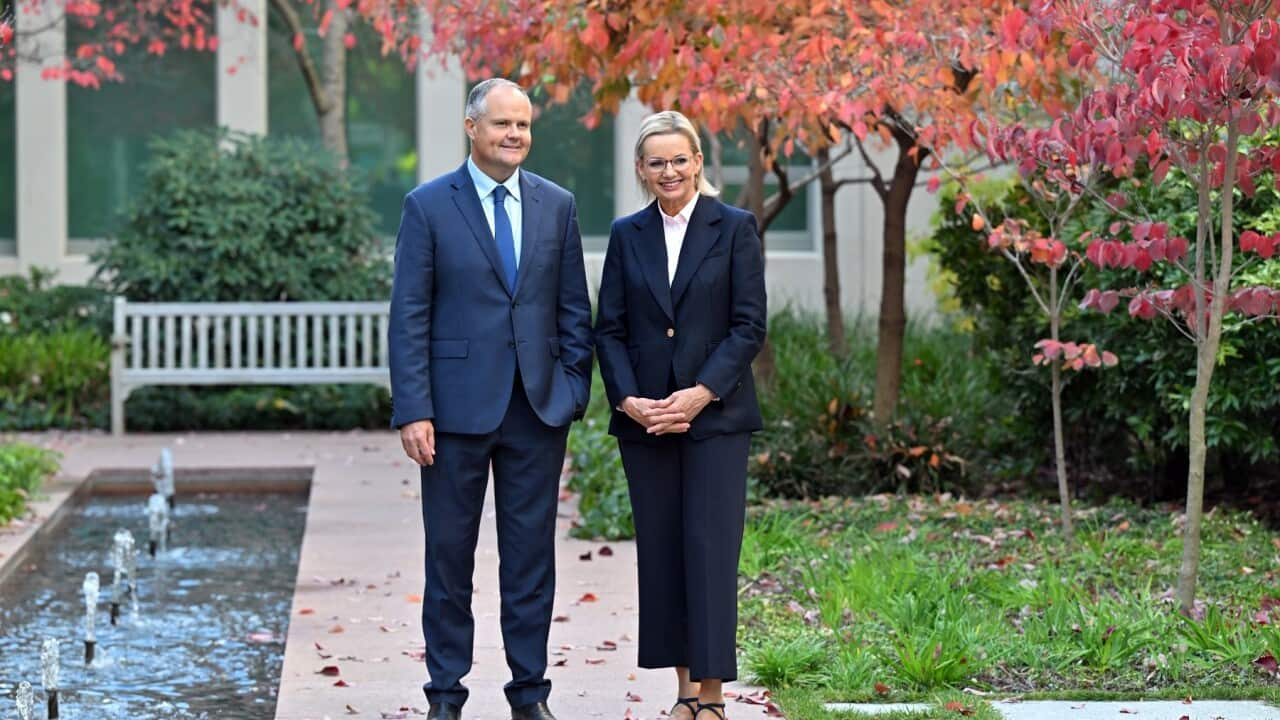TRANSCRIPT
Every year at Thanksgiving in the United States, the sitting president offers a pardon to specially selected turkeys.
"In the last four years, I've had the honour to continue that tradition by pardoning Peanut Butter and Jelly, Chocolate and Chip, Liberty and Bell. And today, Peach and Blossom will join the free birds of the United States of America."
The US President also has the power to pardon humans under the US constitution - and it's that privilege that's garnered headlines in recent days.
NBC: "Good evening. We are coming on the air with breaking news tonight. President Biden has made a decision to pardon his son Hunter."
AL JAZEERA: "The decision to pardon his son Hunter dominated the headlines back home."
The pardoning of Hunter Biden is not the first time a US president has made such a controversial decision - and some of those rulings go back hundreds of years.
In 1862, President Abraham Lincoln issued pardons to several hundred Dakota Indian men for attacking and killing white settlers in Minnesota - while in 1868, Andrew Johnson pardoned more than 13,000 former confederate soldiers.
Over a century later, a month after taking office, Gerald Ford granted a full and free pardon to his predecessor Richard Nixon, who had been implicated in the Watergate scandal.
"Finally I feel that Richard Nixon and his loved ones have suffered enough and will continue to suffer no matter what I do."
In 1977, President Jimmy Carter unconditionally pardoned Vietnam-era draft dodgers.
"We went to Vietnam without desire to capture territory or to impose American will on other people. We went there to defend the freedom of the South Vietnamese."
Thirty years on, in 2001, President Bill Clinton pardoned both billionaire Marc Rich and his half-brother Roger Clinton, the latter having completed a prison term on drug charges.
In 2017, Barack Obama commuted the prison sentence of Chelsea Manning, an Army private who leaked classified military secrets to Wikileaks.
"It made sense to commute - and not pardon - her sentence. And I feel very comfortable that justice has been served and a message has still been sent."
There have been claims that George Bush famously pardoned his son Neil, who had been a director at a failed savings and loan association that federal regulators scrutinised in the 1980s.
He never faced criminal charges, and does not appear on a list of official pardons granted by Bush.
But the record is clear on another republican president, Donald Trump, who pardoned or commuted the sentences of a range of loyalists during his first term, like political strategist Roger Stone.
Stone had been convicted by a federal jury of seven felonies, including lying to Congress and obstructing a congressional investigation.
"Thank you for saving my life."
Eric Tucker, from the Associated Press, says also pardoned was Steve Bannon, who was charged with defrauding donors of a border wall charity, Trump campaign manager Paul Manafort, who'd been convicted of financial crimes, and one Charles Kushner.
Kushner had been found guilty of witness-tampering and making unlawful campaign donations.
"You'll remember, of course, that in December 2020, then-President Donald Trump pardoned the father of his son-in-law. So he pardoned Charles Kushner, whose son Jared, is married to Trump's daughter, Ivanka. And that raised attention. He also pardoned multiple close allies who were convicted in special Counsel Robert Mueller's Russia investigations."
This history is very fresh in the minds of Washington insiders, causing considerable debate in political circles.
University of Baltimore professor Kimberly Wehle once said pardons often tread a fine line between extending the hand of justice and compassion, and the danger of enabling corruption.
In that light, for some - like Hunter Biden's lawyer Mark Geragos - this pardon was the right move.
"There's sworn testimony by the current US attorney here in the central district on the tax case that he was presented the case and he would not prosecute it. They then appointed a special counsel and the special counsel within weeks indicted here in the central district. So clearly, it was political. I don't know how anybody with a straight face would argue that it wasn't a politically inspired prosecution."
Others - like University of California Berkeley law professor Daniel Farber - say it's sending the wrong message, especially as Donald Trump returns to the White House in January.
"In attributing political motives to the prosecution and saying that a pardon was justified on that basis, I think he acted very unwisely, given the threat of greater politicisation of the Department of Justice and of the legal system under Trump."
Professor Farber is among those experts who believe the pardon of Hunter Biden is setting the stage for Trump to make his own moves.
"I think Trump was not at all slow to pick up on the idea that this would help him justify pardons for January 6 rioters. I'm not sure that logically that's a valid conclusion on Trump's part, I think they're very different situations. But nonetheless, I think Biden's action undermines some confidence in the justice system at a time when that's really damaging."













